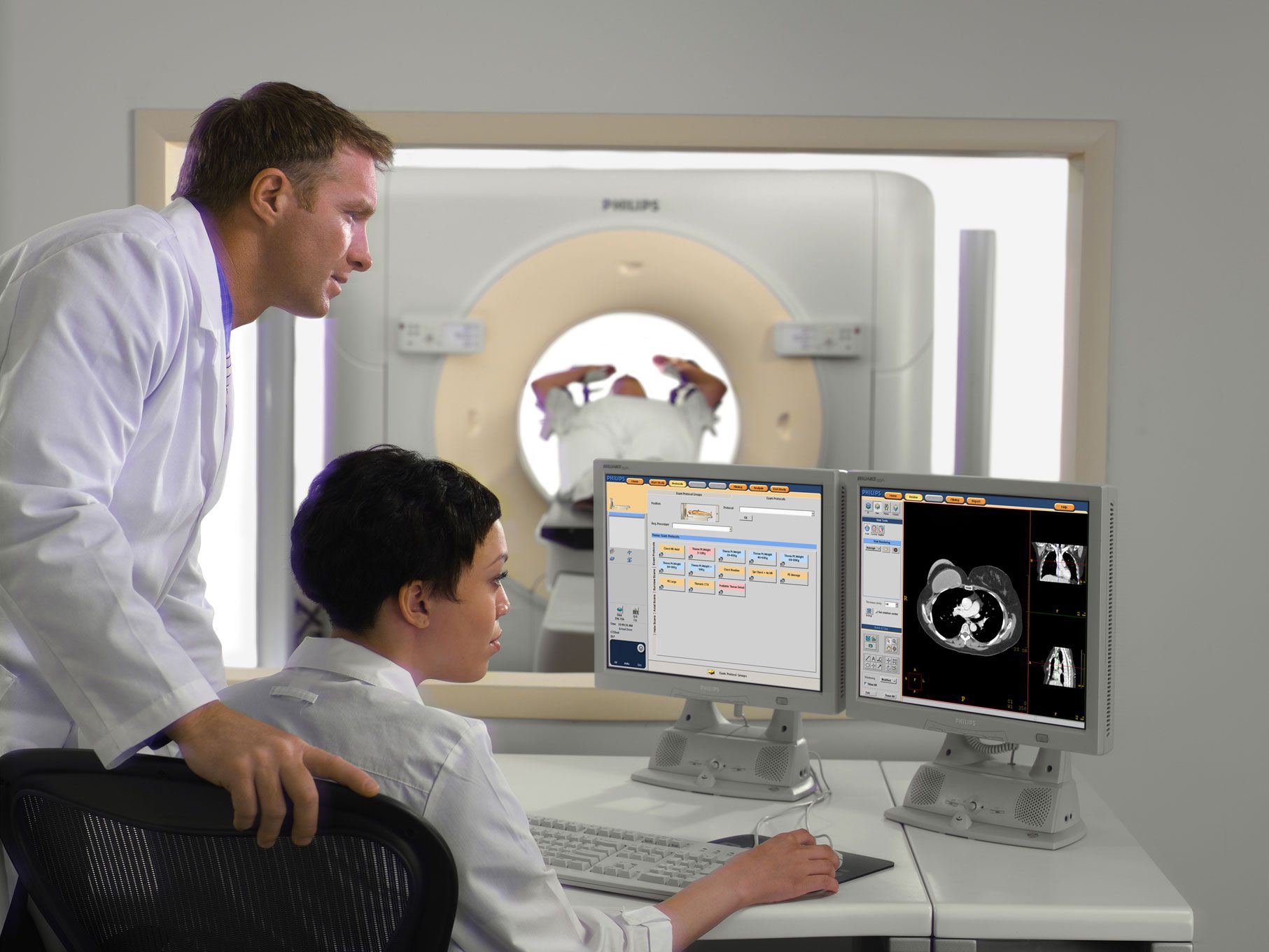-
 Dysplasia
Dysplasia
-
 Nanofluidics
Nanofluidics
-
 Jitter
Jitter
-
 Nail bed
Nail bed
-
 Sputum analysis
Sputum analysis
-
 Antioxidants
Antioxidants
-
 Protease
Protease
-
 Hubble constant
Hubble constant
-
 Contracture
Contracture
-
 Triglycerides
Triglycerides
-
 Cinnabar
Cinnabar
-
 Hyades
Hyades
-
 Lagrangian point
Lagrangian point
-
 Coal
Coal
-
 Hamilton equations
Hamilton equations
-
 Ethology
Ethology
-
 Parenchyma
Parenchyma
-
 YUV
YUV
-
 Legionella
Legionella
-
 IPTV
IPTV
-
 Lewis acid
Lewis acid
-
 Slurry
Slurry
-
 Lamination
Lamination
-
 Pneumocyte
Pneumocyte
-
 Cysteine
Cysteine
-
 Cholecystokinin
Cholecystokinin
-
 EFSA
EFSA
-
 Crinoids
Crinoids
-
 FAO
FAO
-
 Dynamic super-resolution microscope
Dynamic super-resolution microscope
CT scan
A CT scan is also called an X-ray computed tomography or computed tomodensitometry and is an instrument which "scans" the area being examined taking thin section images (or "cuts") of the body. It can therefore be used to very precisely establish the site and spread of a lesion in an organ or tissue. The CT scan is performed by a radiologist in a hospital department or in primary care.
CT scan- the process
Brain, heart, lungs, artery, liver, the gallbladder .... CT scans have a wide range of indications as the investigation can be used to examine most organs. It is also often requested to provide further information about the results of an x-ray or ultrasound.
The investigation procedure
The CT scan uses X-rays emitted by a rotating source placed in a tube which is like a "tunnel". So unlike a conventional radiograph the irradiation source is not fixed. It rotates around the organ that is being investigated. The tissues absorb the rays to a greater or lesser extent depending on the density of the tissues. The information obtained after the rays have passed are then processed by computer and converted into images. These generally show "sections" of the part investigated between 1 and 10 millimetres thick per "cut". The investigation often requires initial injection of a contrast medium. This can improve reading of the films. It is generally injected intravenously although for example an enema may be performed before an abdominal CT scan. The patient lies down on a bed in the investigation room which moves slowly into the " tunnel". The patient needs to stay immobile and occasionally even stop breathing when he/she is asked to. His/her arms are placed alongside the body or behind the head depending on the part of the body which is being investigated. The investigation lasts around fifteen minutes on average.
Possible risks of a CT scan
A CT scan is not painful. The taking of precautions is essential as it uses X rays. This is particularly the case for pregnant women. The contrast medium injection can also cause allergic reactions. Health professionals therefore ask patients to tell them as much as possible about their health (past history of allergy) and also previous cardiac, renal, pulmonary, or diabetic history.
Source: Société française de radiologie (French Radiology Society), website accessed on 24 January
 A CT scan is performed under close medical supervision. © Philips – all rights reserved
A CT scan is performed under close medical supervision. © Philips – all rights reserved
Latest
Fill out my online form.



